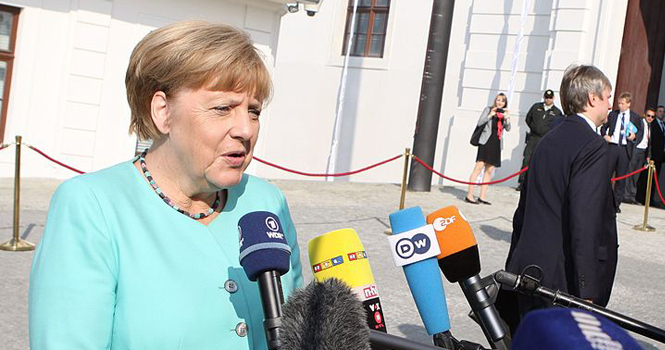What is Progressive Derangement Syndrome?
I noted recently that educated and well-placed people today tend toward a stripped-down view of man and society that redefines family, religious, and communal ties as private preferences, thereby erasing their public importance. The effect is to promote exclusive reliance on the social authority of bureaucratic and commercial arrangements. The existence and sentimentalization of non-binding private … Read more
